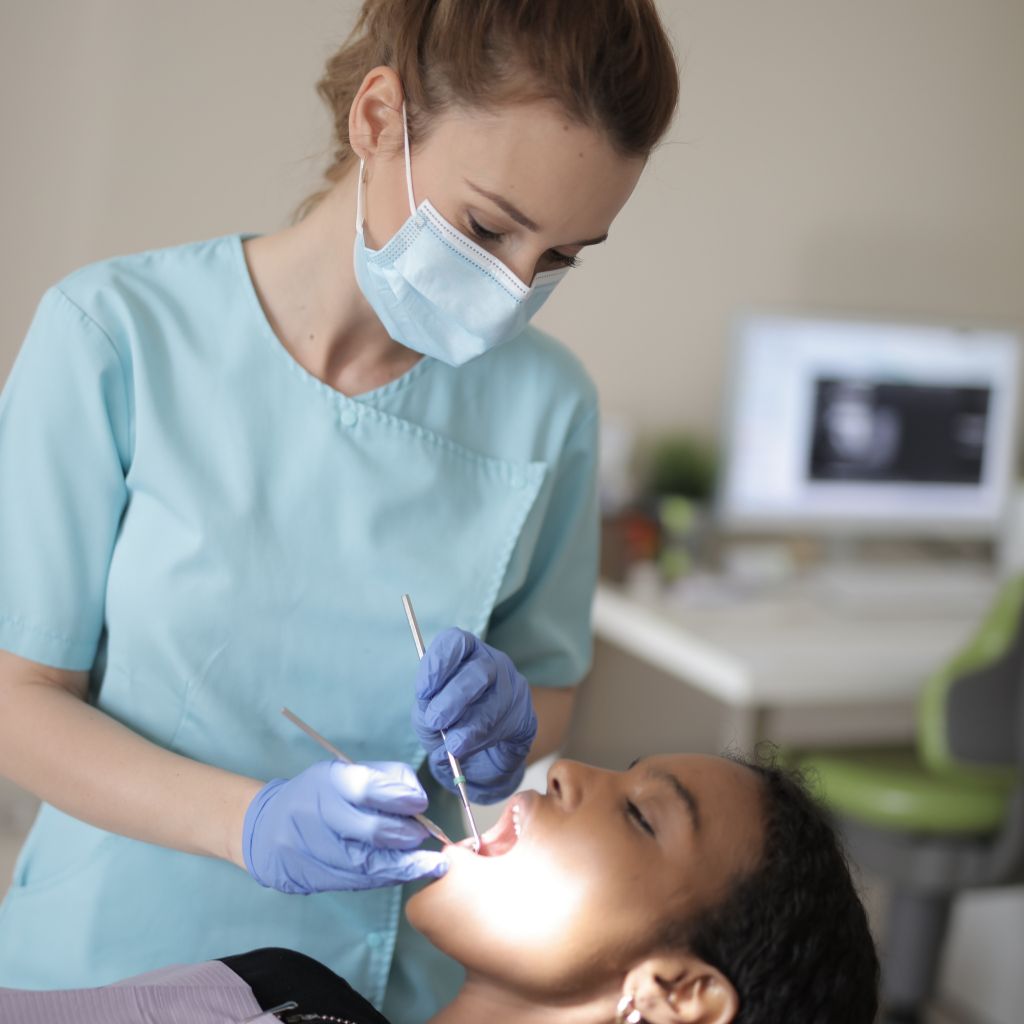In the world of dentistry, dentists often take center stage, but behind every successful dental practice is a group of unsung heroes—the dental hygienists. These professionals are not just assistants; they are skilled specialists who ensure patients maintain excellent oral health. At the heart of their expertise is a dental hygiene diploma, which forms the foundation of their knowledge and skillset.
In this blog, we’ll explore how a dental hygienist course prepares students for this rewarding career, what you learn in a dental hygiene course, how dental hygienist training is structured, and what it takes to get certified. Whether you’re considering a career in dentistry or are simply curious about these vital professionals, this deep dive will offer valuable insight.
Who Are Dental Hygienists?
Dental hygienists are licensed oral healthcare professionals focused on preventing and treating oral diseases. Their responsibilities include:
- Cleaning teeth and removing plaque or tartar
- Educating patients on oral hygiene practices
- Conducting dental X-rays
- Assisting in preventive dental care
- Supporting dentists in diagnostic and treatment procedures
They work in dental clinics, hospitals, schools, and community health programs, often forming the first line of defense in maintaining oral health.
What Is a Dental Hygiene Diploma?
A dental hygiene diploma is a structured academic program that equips students with the technical, theoretical, and practical knowledge required to become dental hygienists. These programs are typically offered by dental schools, community colleges, and specialized training institutes.
Most dental hygiene diploma programs span 2–3 years and include both classroom instruction and clinical experience. Students learn anatomy, oral pathology, periodontology, dental radiography, and patient management.
Why Choose a Dental Hygiene Course?
Opting for a dental hygiene course can be a game-changer for anyone passionate about healthcare, people, and oral health. Here are some compelling reasons to consider this career path:
1. High Demand
Oral health is increasingly recognized as essential to overall well-being, and the demand for skilled dental hygienists is rising globally.
2. Competitive Salary
Dental hygienists often enjoy competitive pay, job security, and work flexibility. In many countries, they are among the highest-paid allied health professionals.
3. Shorter Study Duration
Compared to a full-fledged dentistry degree, a dental hygienist course offers a quicker route into the workforce without compromising on impact.
4. Making a Difference
Dental hygienists help prevent diseases, improve patient confidence, and promote lifelong health—all without performing surgeries or procedures.
Inside a Dental Hygiene Course Curriculum
While course content varies slightly across institutions and countries, a typical dental hygiene course includes:
- Oral Anatomy & Physiology: Understanding the structure and function of the oral cavity.
- Dental Materials: Knowledge of tools and materials used in cleaning and care.
- Periodontics: Study of gum diseases and treatments.
- Preventive Dentistry: Teaching patients about flossing, brushing, and nutrition.
- Radiography: Training in taking and interpreting dental X-rays.
- Pharmacology: Basics of medications used in dental treatments.
- Clinical Practice: Real-time training with patients under supervision.
These subjects are covered in both theory and hands-on practice, ensuring that students gain confidence in real-world scenarios.
What Does Dental Hygienist Training Look Like?
Dental hygienist training combines didactic learning with clinical rotations. During training, students:
- Practice scaling and polishing techniques
- Work with live patients in supervised dental clinics
- Learn infection control and patient safety protocols
- Master communication skills to educate and comfort patients
The goal is to produce hygienists who can work independently while being an integral part of the dental team.
In many countries, graduates must also pass national or regional exams as part of their dental hygienist certification process.
Getting Dental Hygienist Certification
After completing your diploma or associate degree, the next step is obtaining dental hygienist certification. Certification is mandatory in most countries and allows you to legally practice.
Common Certification Steps:
- Graduation from Accredited Program: You must complete a recognized dental hygiene diploma program.
- Licensing Examination: Pass a written and clinical examination (e.g., the National Board Dental Hygiene Examination in the U.S.).
- CPR Certification: Basic life support (BLS) training is often required.
- Continuing Education: Many certifications require renewal through additional courses or hours of practice.
Once certified, dental hygienists can start working or even specialize further in fields like pediatric hygiene, geriatric care, or dental public health.
Career Opportunities After a Dental Hygiene Diploma
A dental hygiene diploma unlocks various career paths, including:
- Private Dental Clinics
- Hospitals
- Community Health Centers
- School Dental Health Programs
- Corporate or Research Roles in Oral Healthcare
- Dental Product Companies as Trainers or Consultants
Additionally, certified hygienists can advance to roles like dental hygiene educators, practice managers, or even transition to dental therapy programs in some regions.
Where to Study Dental Hygiene Diploma Programs?
Many reputed institutions around the world offer accredited dental hygiene diploma programs. Some top countries to consider:
- United States: Offers associate degrees with a focus on certification.
- Canada: Diploma and advanced diploma programs with strong job markets.
- Australia: Known for practical, outcome-driven training.
- United Kingdom: Offers diploma and foundation degree routes.
- India: Emerging options for diploma-level training with growing scope.
When choosing a program, ensure it is recognized by the local or national dental hygiene council or licensing body.
Final Thoughts
Dental hygienists are truly the silent heroes of dentistry, playing a pivotal role in patient care, disease prevention, and long-term oral health. If you’re looking for a meaningful, respected, and flexible healthcare career, pursuing a dental hygiene diploma is a smart move.
Whether you’re just starting or considering a career shift, enrolling in a dental hygienist course or dental hygiene course could be the first step to an exciting professional journey. With proper dental hygienist training and certification, you’ll be well on your way to making a real difference—one smile at a time.

